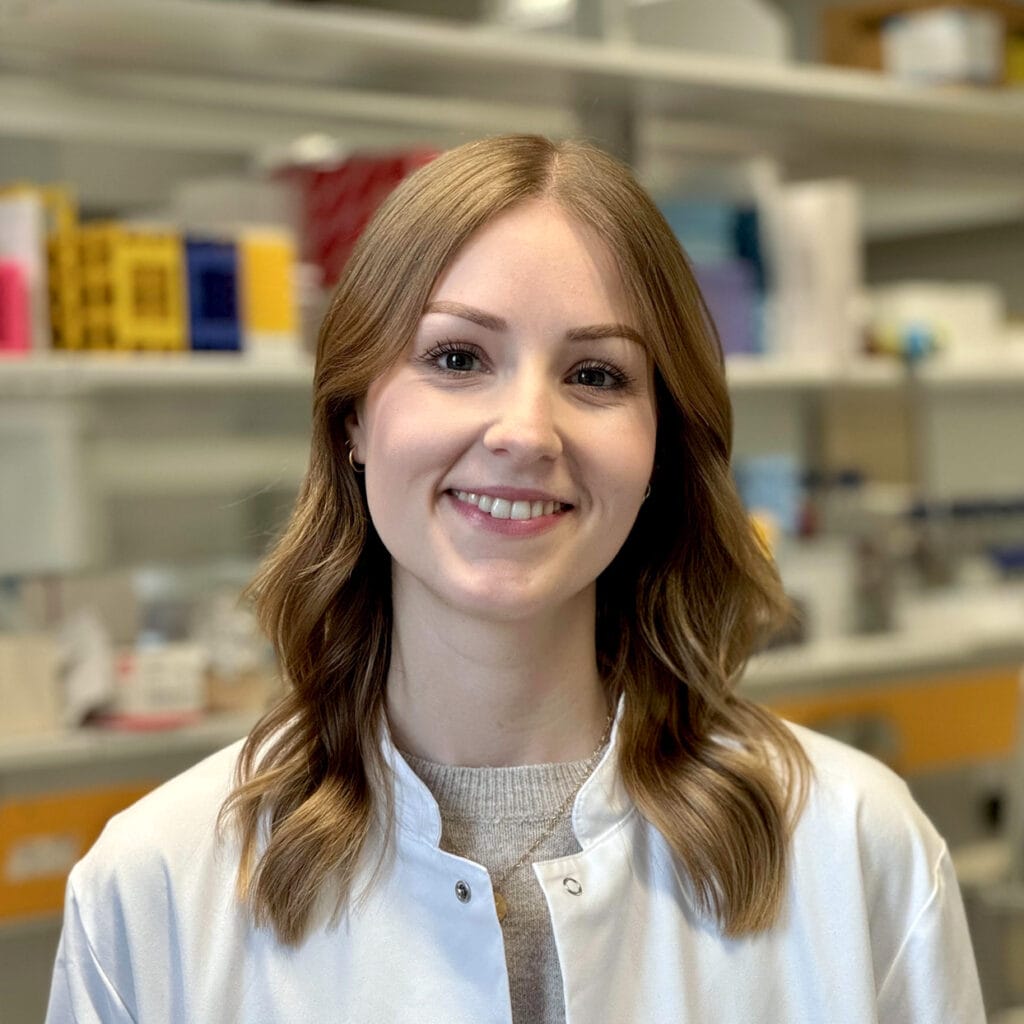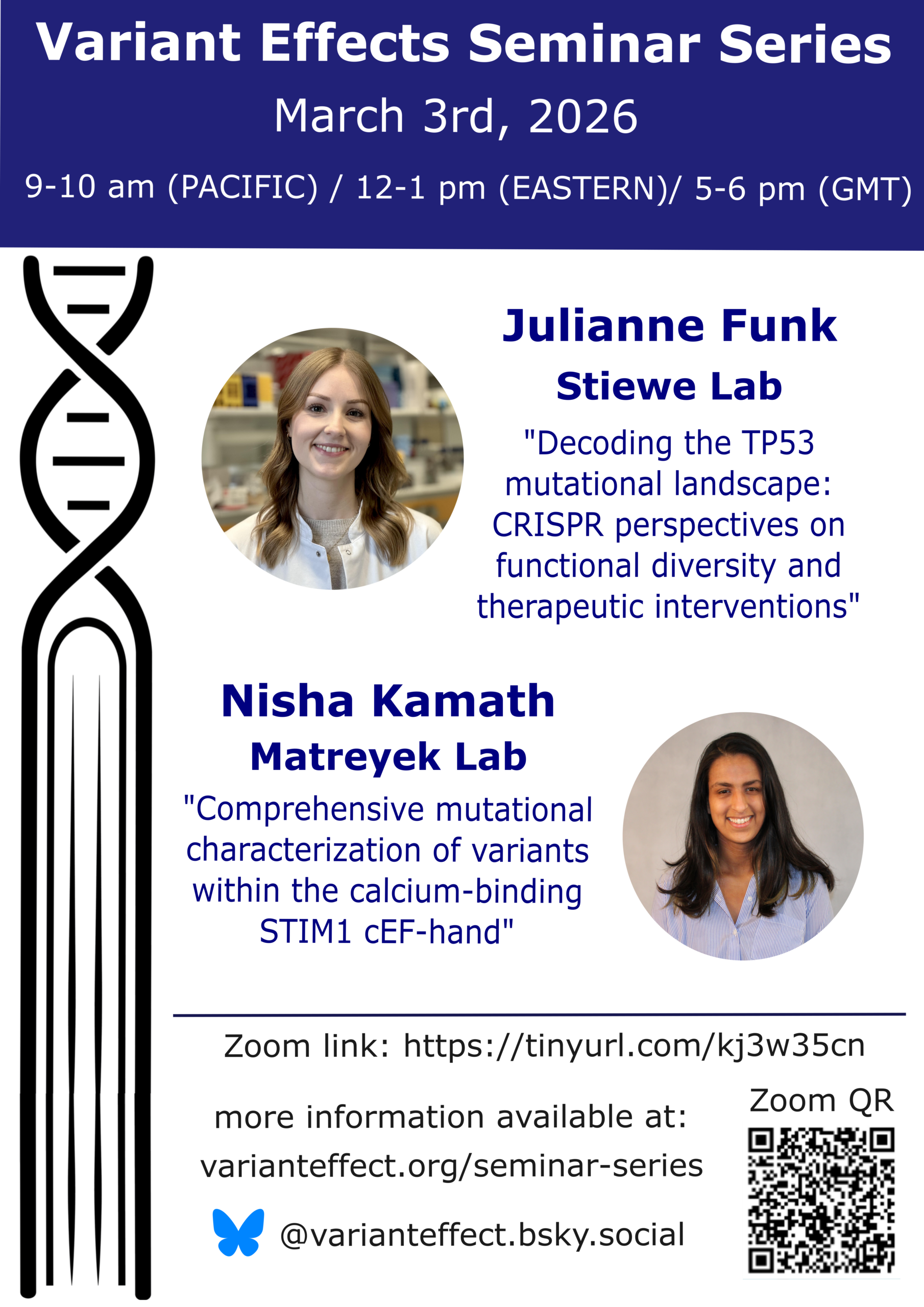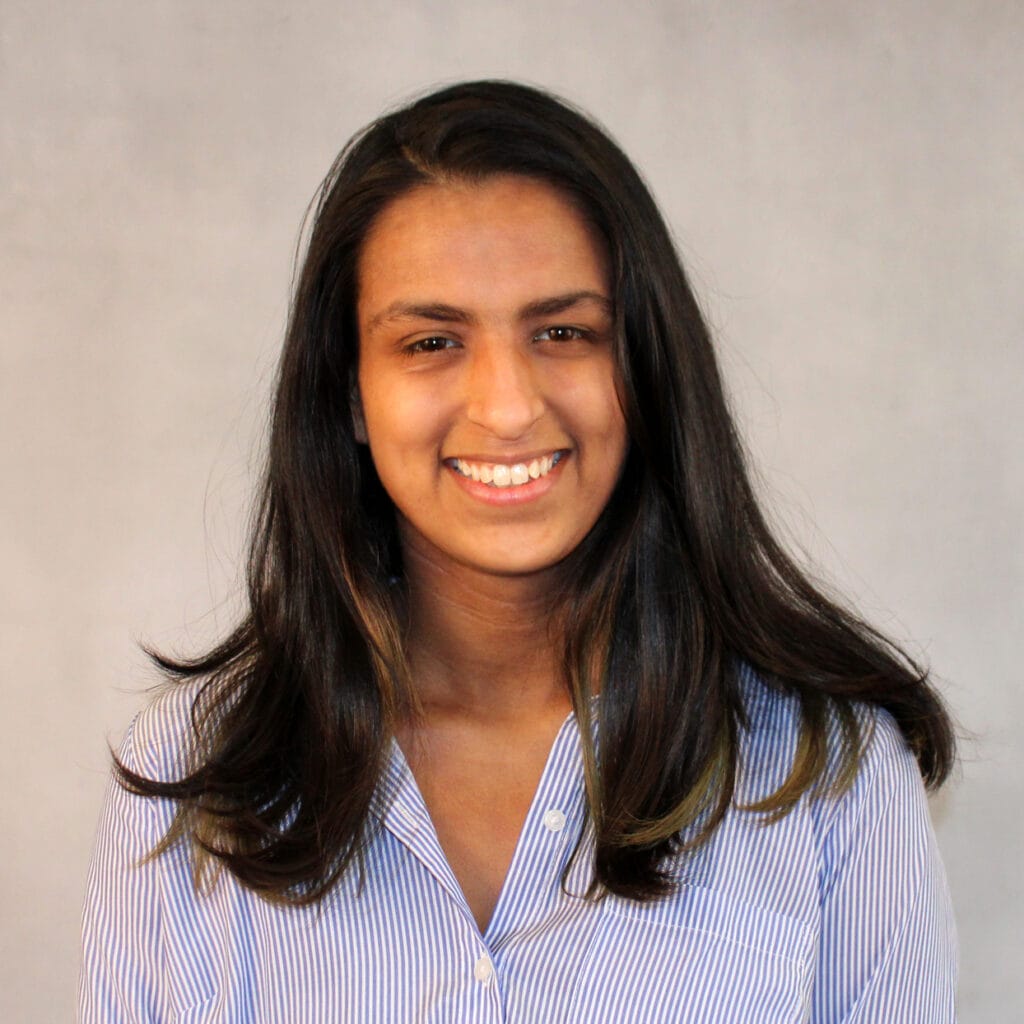
Decoding the TP53 mutational landscape: CRISPR perspectives on functional diversity and therapeutic interventions
Julianne Funk (She/Her)
Marburg University (Marburg, Germany)
Presentation Date: 3 March 2026 1st speaker
Decoding the TP53 mutational landscape: CRISPR perspectives on functional diversity and therapeutic interventions Julianne Funk is a postdoctoral researcher at the Institute of Molecular Oncology at Marburg University. Her research focuses on functional genomics of the tumor suppressor gene TP53, with a particular emphasis on CRISPR-based saturation genome editing to systematically characterize the effects of cancer-associated variants. Her work aims to improve clinical variant interpretation by linking large-scale functional data with tumor genomics.


